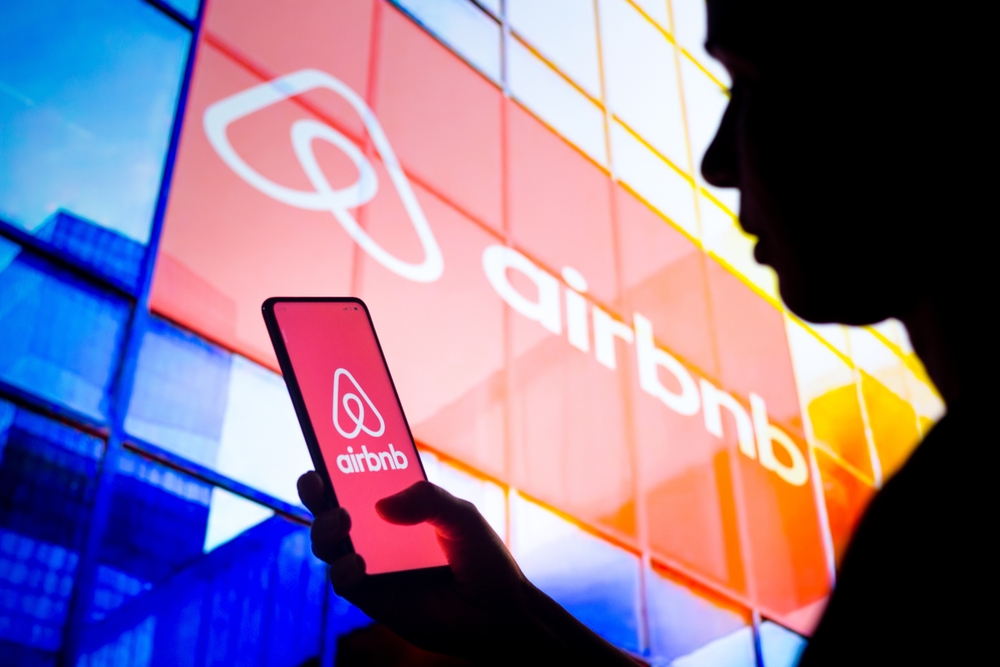Airbnb hosts – particularly those renting out their own private homes – have to confront the possibility of their properties being used for disingenuous purposes.
Does a party fall into that category? If it turns into a ‘riot’ and incurs thousands in damages, then probably.
Such scenarios have been widely reported recently and increased throughout the coronavirus pandemic. With bars and nightclubs then closed, young adults took to Airbnb to host their house parties, sometimes with devastating consequences for the owners.
This sparked widespread backlash, eventually culminating in Airbnb’s “global party ban,” which included banning offenders from making new bookings and restricting under-25s who didn’t have a history of excellent reviews.
Airbnb said that due to its clampdown, the number of reported parties dropped by 55% between 2020 and last year. However, young adults who want to party remain a force to be reckoned with, so the company turned to AI to up its game in identifying troublemakers.
Now, when someone attempts to book through Airbnb, the AI system automatically searches for red flags, such as how recently they created the account and whether they’re trying to rent a property in the same town or city where they live.
These digital forensic methods have been employed by platforms like eBay and Amazon for years to crack down on fraud.
Airbnb’s AI also questions the duration of the stay – one night only is a potential concern – and whether the stay is planned during Halloween or New Year’s, for example.
“If someone is booking a room during New Year’s Eve for one night only, and they are from the same city as the host, that’s likely to be a party,” says Naba Banerjee, head of safety and trust at Airbnb.
Banerjee adds that if the AI deems that the risk of a party booking is too high, it will prevent the booking or instead guide the person to the website of one of its partner hotel companies.
The risk of false positives
There is a balance to strike, however. Might the AI decline potentially legitimate bookings?
Edward McFowland III, assistant professor of technology and operating management at Harvard Business School, described this, stating, “Having that layer of AI can help ease the friction on both sides, for both business and consumer.”
He points out that even a perfectly calibrated AI model can create false negatives, such as shutting out a young person who wants to hire an apartment for New Year’s Eve but has no intention of throwing a party. “And that’s why AI technology is still very hard to get right, all the time.”
Airbnb hasn’t declared all the data points it has access to, and the AI likely looks at other signals beyond those mentioned.
It could probably analyze social media signals, IP addresses, device data, and even recent browsing history. Banerjee also stated that AI will only improve as it ingests more data.





